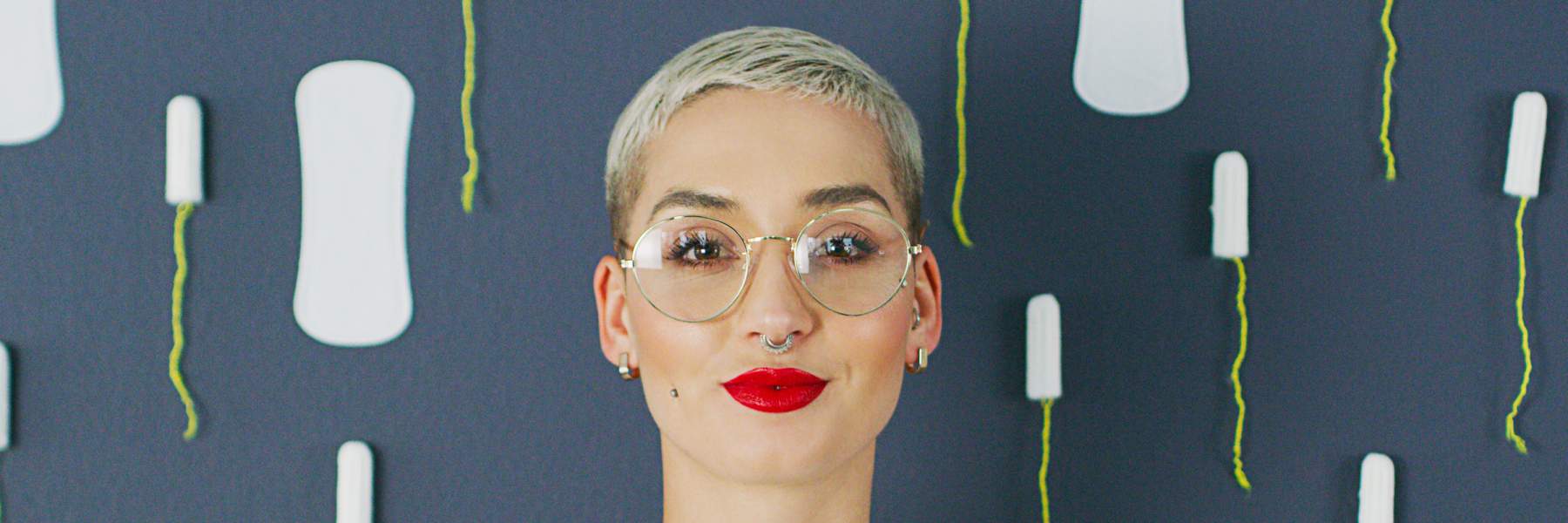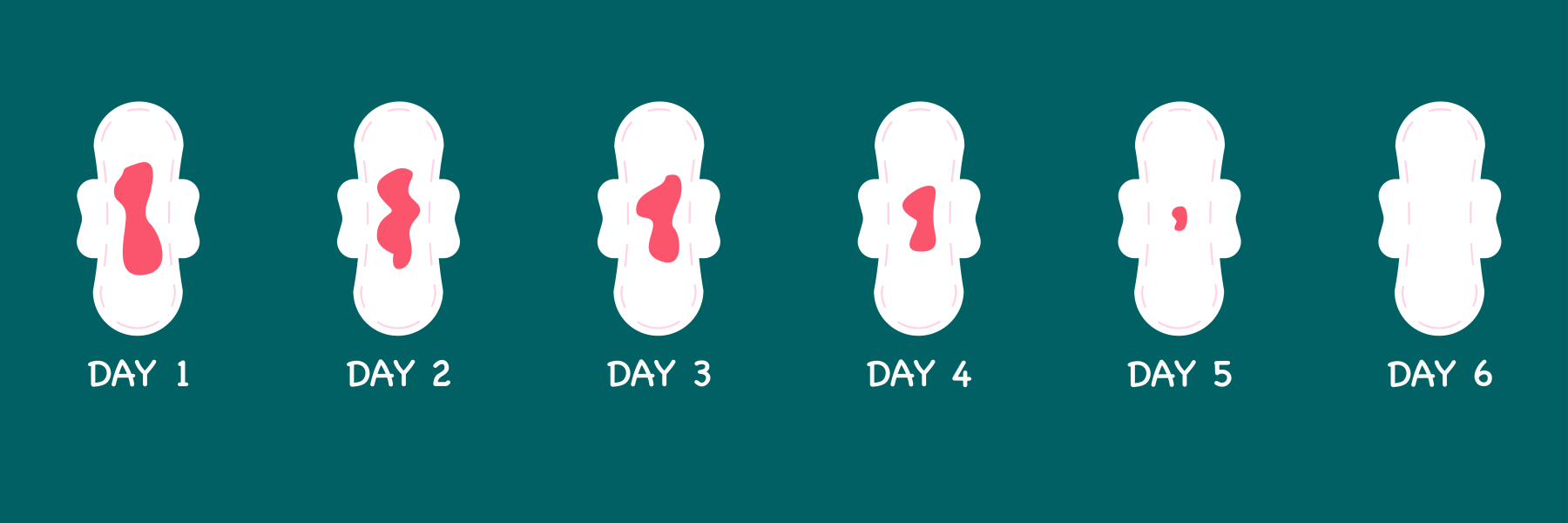Heavy bleeding can lead to anaemia and can be a serious problem for some people as it means your red blood cells can’t carry enough oxygen for your body to function properly. This can make you feel tired, dizzy or lightheaded, or even cause fatigue, exhaustion and fainting.
Some people may have bleeding problems or a bleeding disorder that runs in the family that can cause heavier bleeding during periods. It’s best to discuss your heavy bleeding with your doctor who may order a blood test for anaemia and other bleeding problems.

What is too heavy?
The amount of bleeding experienced during a period varies greatly from one person to another. Some people have very light bleeding during their periods that only lasts 2-4 days. Others can have heavy bleeding that lasts 8-10 days (although it is not usually heavy for all of those days).
As a general rule, if you experience flooding of menstrual blood so that it leaks through your underpants and clothes or in the bed at night then it is probably too heavy.
If you need to change a pad and/or tampon every hour to avoid leaking then it is probably too heavy. If you have concerns about the amount of bleeding you are experiencing please consult your doctor.

Things you can do for heavy bleeding
- Track your bleeding by marking on a calendar, chart or phone app like the Qendo app how many days your bleeding lasts and how heavy each day is.
- If you are able to use a menstrual cup you can measure how much bleeding you have each period. If you don’t use a menstrual cup you can still keep an eye on how soaked your pad or tampon is after 1-2 hours.
- Non-steroidal anti-inflammatories (NSAIDs) can help reduce the amount of bleeding you have with a period.
- Increase your fluids (drink more water) during your period to make sure you have enough circulating blood volume.
- Your GP may order a blood test, especially if other people in your family have bleeding conditions.
- Your GP may order an ultrasound scan of the pelvis to check for fibroids which can also cause heavier bleeding in some people.
- Some prescription medications can be taken just at the time of a period to reduce the amount of bleeding you have.

 Skip to main content
Skip to main content